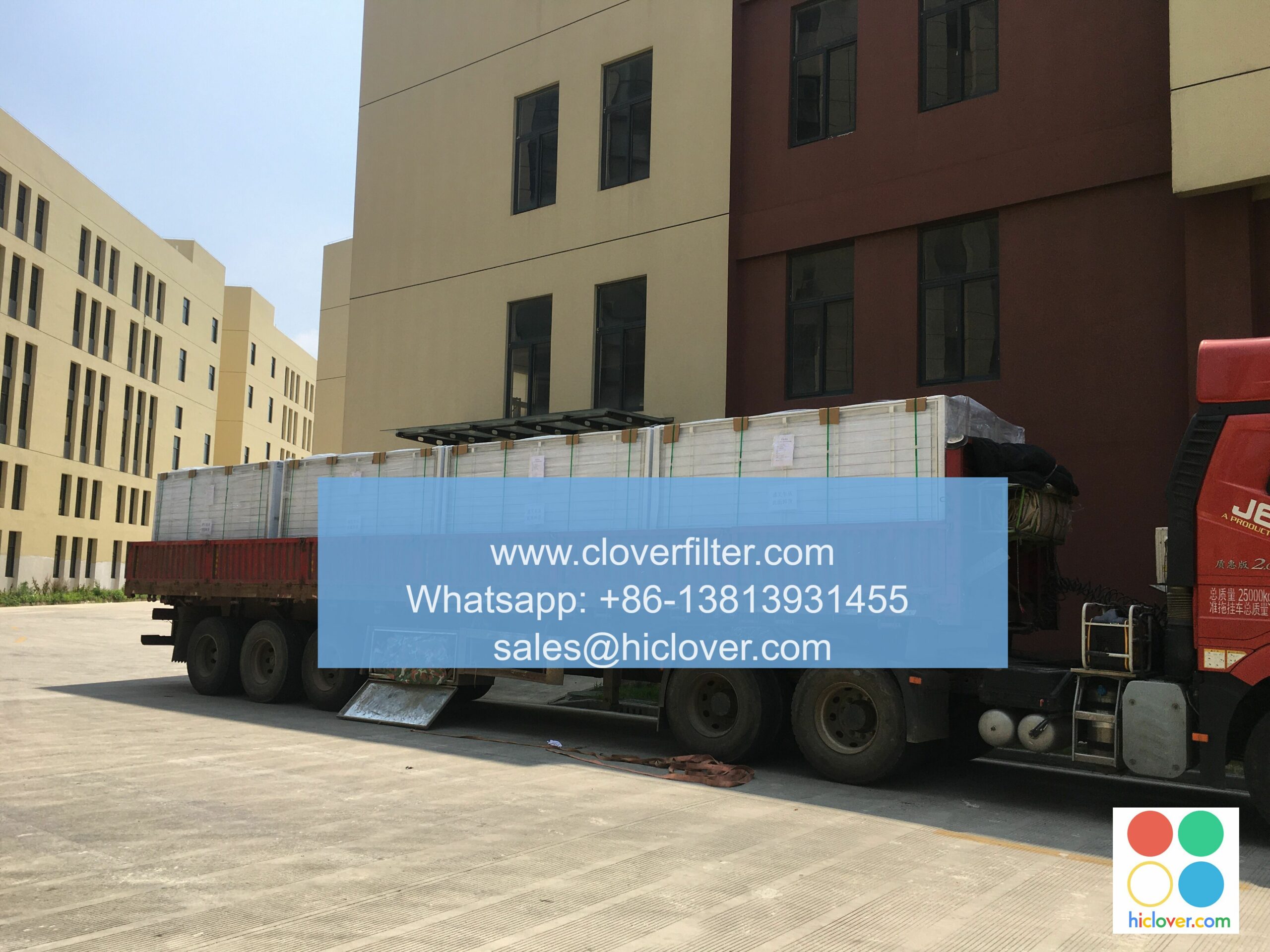Energy-Efficient Air Filtration: A Guide for HVAC Professionals

As the world grapples with the challenges of climate change, energy efficiency has become a critical aspect of modern life. The heating, ventilation, and air conditioning (HVAC) industry is no exception, with a growing focus on energy-efficient air filtration systems that minimize environmental impact while maintaining optimal indoor air quality. In this article, we will delve into the world of energy-efficient air filtration, exploring its applications, benefits, and best practices for HVAC professionals.
Introduction to Energy-Efficient Air Filtration
Traditional air filtration systems can be notorious energy hogs, accounting for a significant portion of a building’s overall energy consumption. However, with the advent of advanced filtration technologies and sustainable design principles, it is now possible to achieve exceptional indoor air quality while minimizing energy usage. Energy-efficient air filtration systems leverage cutting-edge materials, innovative designs, and smart controls to optimize performance, reduce energy waste, and promote a healthier indoor environment.
Key Components of Energy-Efficient Air Filtration Systems
Several key components are essential to the design and operation of energy-efficient air filtration systems. These include:
* High-efficiency filters with low pressure drop and high MERV ratings
* Variable speed drives and ECM motors for optimized fan operation
* Smart sensors and controls for real-time monitoring and adjustment
* Aerodynamic design and optimized airflow for reduced energy consumption
Applications of Energy-Efficient Air Filtration
Energy-efficient air filtration systems have a wide range of applications across various industries, including:
* Commercial buildings: offices, shopping centers, and hotels
* Industrial facilities: manufacturing plants, warehouses, and data centers
* Institutional buildings: schools, hospitals, and government facilities
* Residential buildings: single-family homes, apartments, and condominiums
Benefits of Energy-Efficient Air Filtration
The benefits of energy-efficient air filtration systems are numerous and well-documented. Some of the most significant advantages include:
* Reduced energy consumption and lower utility bills
* Improved indoor air quality and enhanced occupant health
* Increased system reliability and extended equipment lifespan
* Minimized environmental impact and reduced carbon footprint
Best Practices for HVAC Professionals
To ensure the successful design, installation, and operation of energy-efficient air filtration systems, HVAC professionals should follow these best practices:
* Conduct thorough system assessments to identify areas for improvement
* Select filters and equipment with high energy efficiency and low environmental impact
* Design and optimize systems for optimal airflow and energy consumption
* Provide ongoing maintenance and support to ensure system performance and longevity
By embracing energy-efficient air filtration technologies and best practices, HVAC professionals can play a critical role in promoting a healthier, more sustainable built environment. As the demand for energy-efficient solutions continues to grow, it is essential for industry professionals to stay informed about the latest developments and advancements in this field. By working together, we can create a better future for generations to come.
It seems like you’re looking for a prompt to start a conversation or generate some text. Here are a few ideas across different categories to get you started:
Creative Writing
- Fantasy World: Describe a hidden world within our own, where magic is real and technology has merged with nature.
- Future Scenario: Imagine a future where virtual reality has surpassed reality. Describe a day in the life of someone living in this world.
- Time Traveler’s Dilemma: A character discovers a time machine but can only use it to witness historical events, not interact. Where do they go first, and why?
Technology and Science
- AI Ethics: Discuss the ethical considerations of creating artificial intelligence that surpasses human intelligence. Should there be limits, and if so, what?
- Environmental Innovation: Describe an innovative technology that could reverse climate change. How does it work, and what are its potential impacts?
- Space Exploration: Imagine a mission to Mars that discovers signs of past life. What would be the implications, and how would this discovery change space exploration goals?
Personal Development
- Overcoming Fear: Write about a time when you overcame a significant fear. What strategies did you use, and what did you learn from the experience?
- Goal Setting: Describe a long-term goal you have. Outline a step-by-step plan to achieve it, including potential obstacles and how you plan to overcome them.
- Mental Health: Discuss the importance of mental health. What steps can individuals and societies take to prioritize and improve mental wellbeing?
Leisure and Entertainment
- Dream Vacation: Plan your dream vacation. Where would you go, what would you do, and why is this destination or activity appealing to you?
- Favorite Book/Movie Analysis: Choose a favorite book or movie and analyze its themes, characters, and impact on popular culture.
- Inventing a Game: Describe a new board game or video game you’d like to invent. What are the objectives, rules, and what makes it unique or engaging?
Feel free to pick any of these prompts or use them as inspiration to come up with your own!

